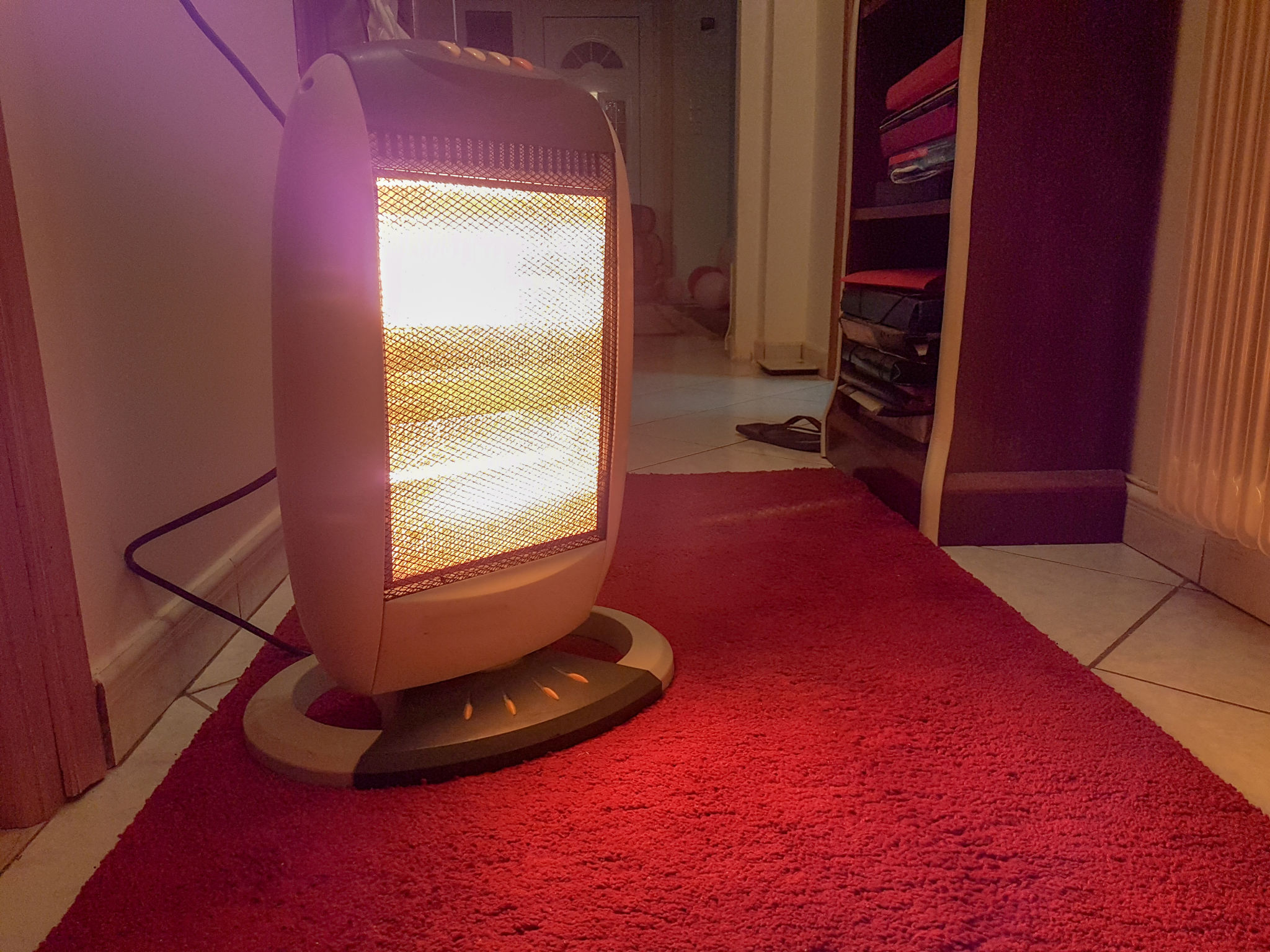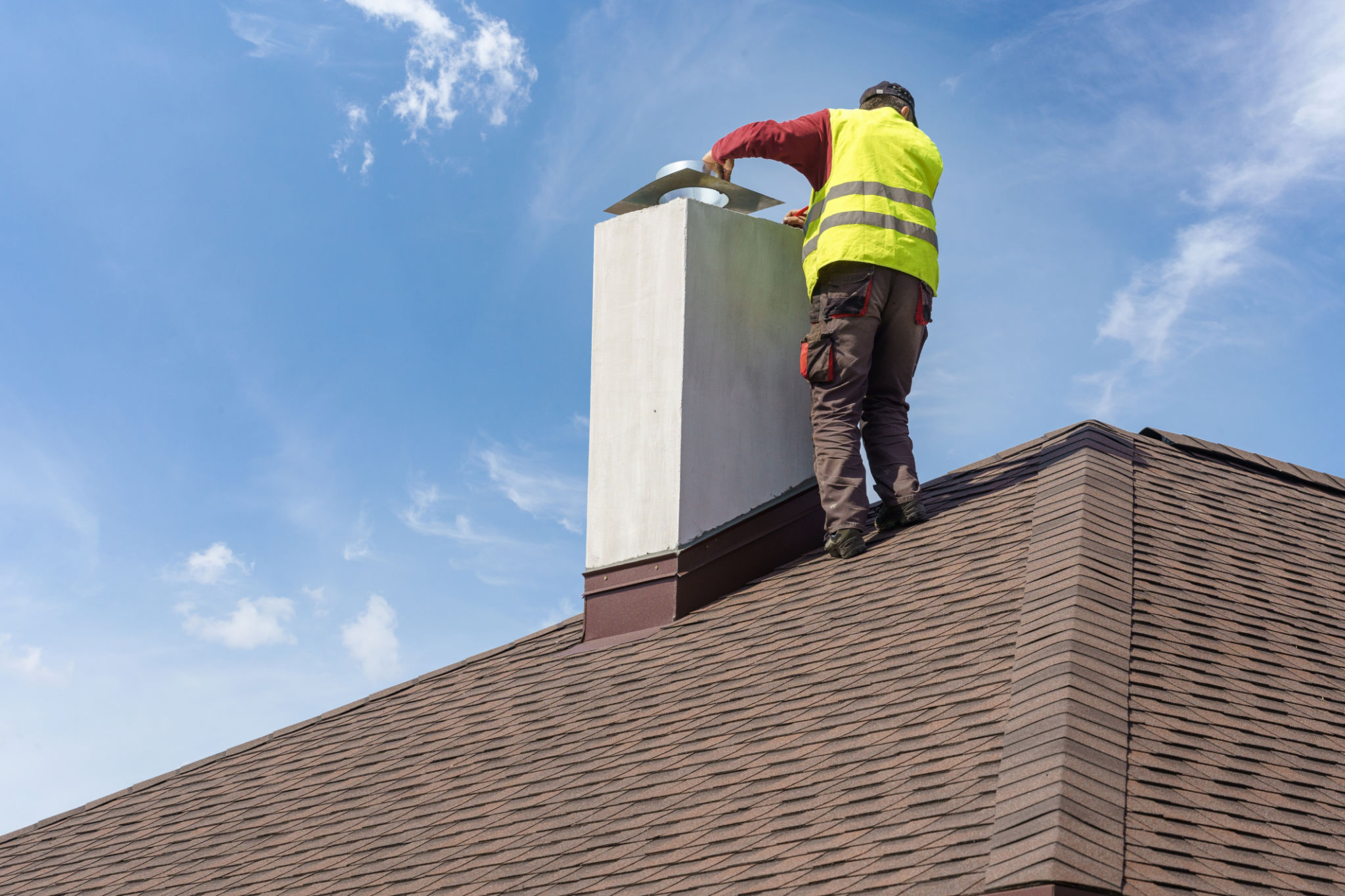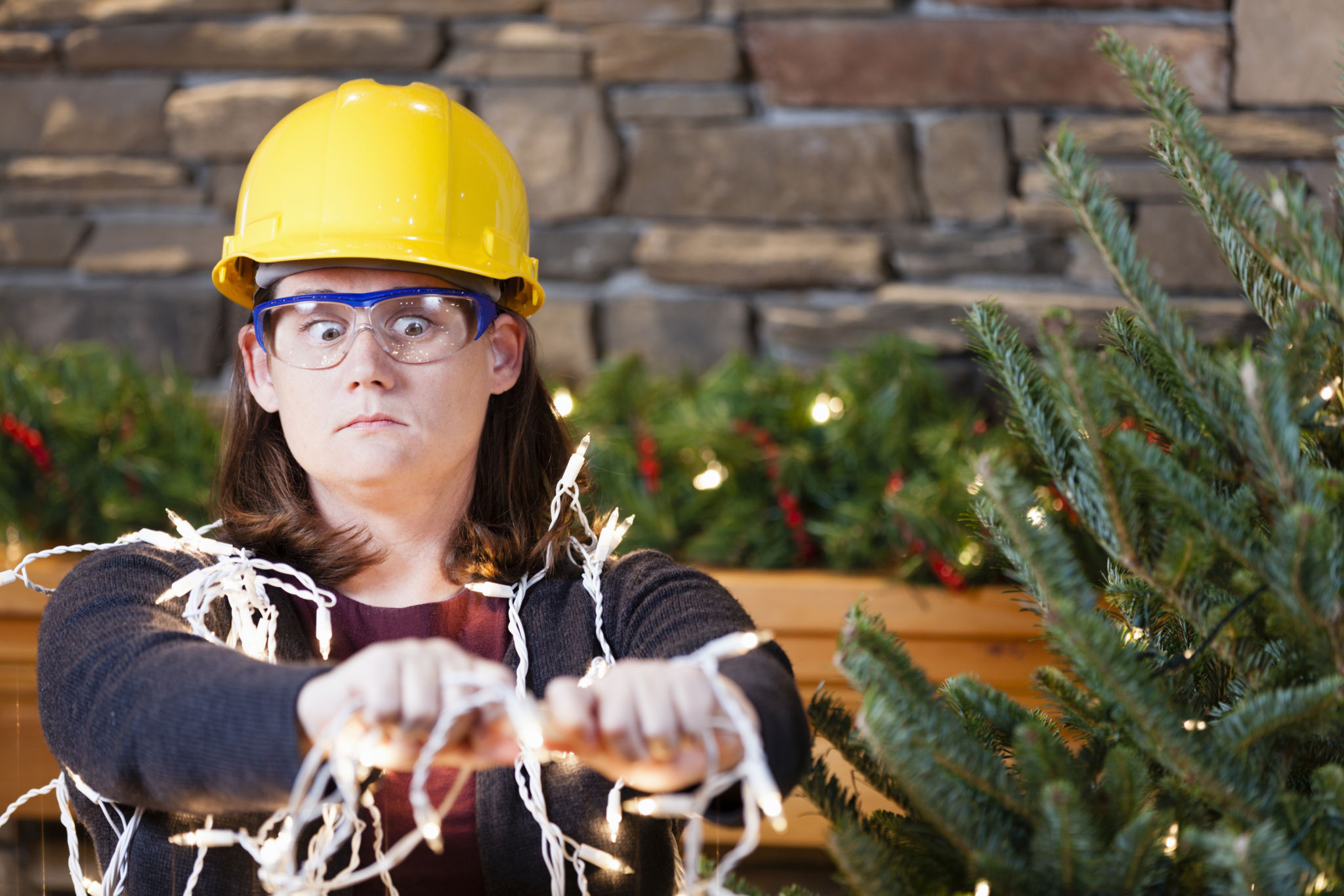Seasonal Fire Safety Tips: Preparing Your Building for Winter in New Jersey
Understanding the Importance of Fire Safety in Winter
As the winter months approach in New Jersey, it is crucial to prioritize fire safety in your building. Colder temperatures often lead to an increased use of heating devices, which can elevate the risk of fire incidents. Ensuring that your building is properly prepared not only safeguards the property but also protects the lives of its occupants.
Winter is a time when heating systems are in full swing, and fireplaces are frequently in use. These factors, combined with holiday decorations and increased electrical usage, can create a perfect storm for fire hazards. Therefore, taking preventive measures and being prepared can significantly reduce these risks.

Conducting Routine Maintenance on Heating Systems
One of the first steps in preparing your building for winter fire safety is to conduct routine maintenance on all heating systems. Regular checks ensure that heaters, furnaces, and boilers are functioning properly and do not pose a fire risk. Malfunctioning equipment can lead to overheating or electrical fires.
It is advisable to have a professional inspect these systems before the cold season sets in. This inspection should include checking for gas leaks, ensuring proper ventilation, and cleaning any accumulated dust or debris that could ignite.
Inspecting and Cleaning Chimneys
If your building includes a fireplace, it is essential to have the chimney inspected and cleaned. Creosote buildup can become highly flammable, and a clogged chimney can lead to dangerous backdrafts. Hiring a certified chimney sweep helps to prevent these potential hazards.

Testing Smoke Alarms and Fire Extinguishers
Ensuring that smoke alarms and fire extinguishers are in good working condition is another vital aspect of winter fire safety. Test all smoke alarms monthly and replace batteries as needed. It is also important to check the expiration dates on fire extinguishers and ensure they are easily accessible in case of an emergency.
- Replace smoke alarm batteries annually.
- Ensure at least one fire extinguisher is available on each floor.
- Familiarize all building occupants with the location and proper use of fire extinguishers.
Being Mindful of Holiday Decorations
The winter season often brings festive decorations, which can also present fire hazards if not used cautiously. Opt for flame-resistant or flame-retardant materials when decorating. Additionally, avoid overloading electrical outlets with holiday lights and ensure all cords are in good condition without any frays or exposed wires.

Creating a Fire Escape Plan
A well-thought-out fire escape plan is crucial for every building. Design an escape route that all occupants are aware of and practice regularly. Make sure exits are clearly marked and free from obstructions. Regular fire drills can help ensure everyone knows what to do in case of an emergency.
Winter weather can complicate evacuation plans due to snow or ice, so consider these factors when designing your escape routes. Keeping walkways clear and ensuring doors do not freeze shut is essential for quick exits.
Staying Informed About Local Fire Regulations
Finally, staying informed about local fire regulations in New Jersey can provide additional guidance on maintaining safety throughout the winter months. Compliance with these regulations not only ensures legal adherence but also improves overall safety standards within your building.
By implementing these seasonal fire safety tips, you can help protect your building and its occupants from potential fire hazards during the winter months. Preparation and vigilance are key components in maintaining a safe environment during this time of year.
